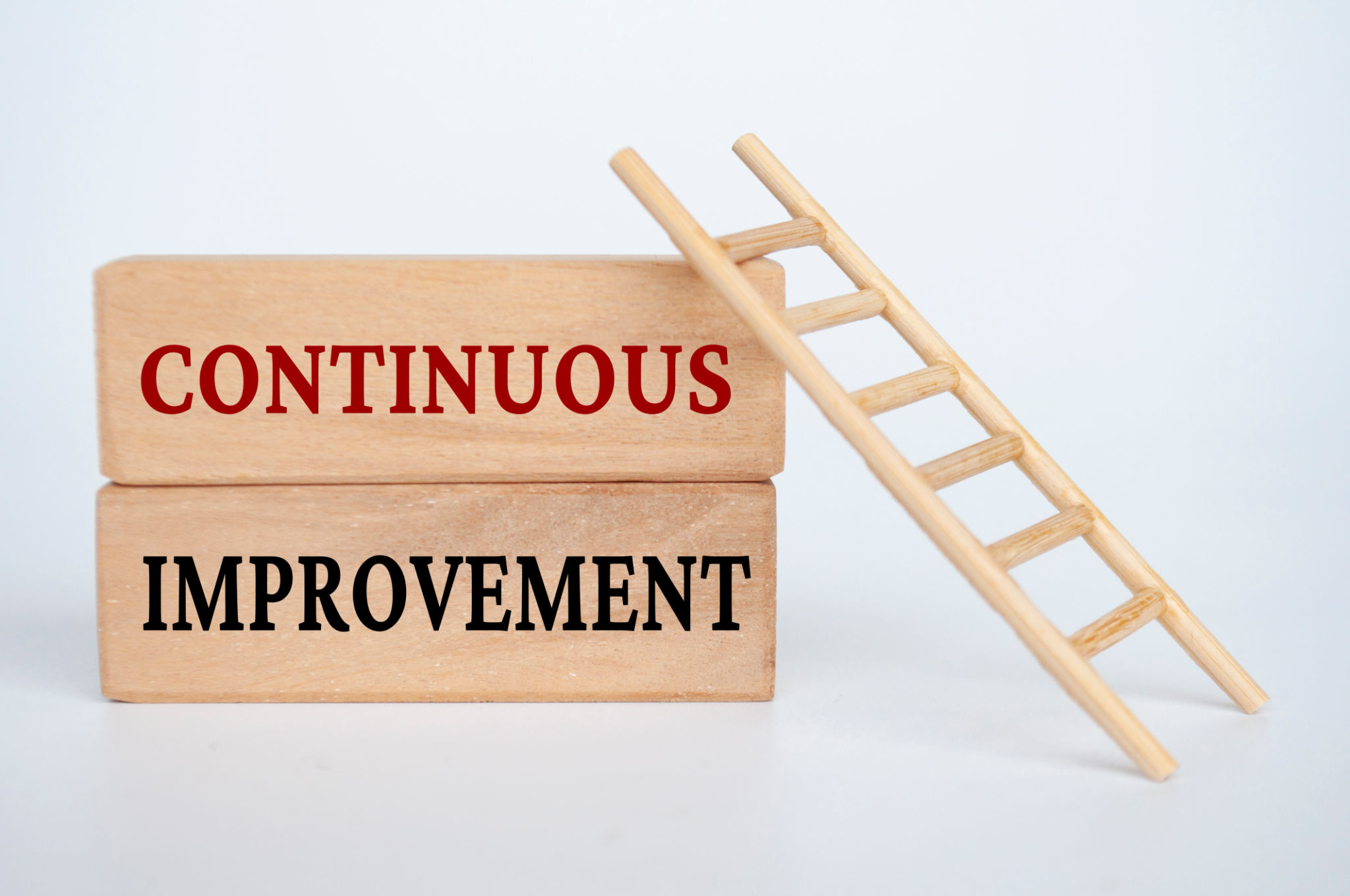Mastering Year-End Performance Reviews: A Comprehensive Guide for HR Managers
Understanding the Importance of Year-End Performance Reviews
Year-end performance reviews are more than just a formality; they are a vital component of employee development and organizational growth. These reviews provide an opportunity for HR managers to assess employee performance, set goals for the upcoming year, and align individual objectives with the company's strategic direction. By conducting thorough and effective reviews, HR managers can foster a culture of continuous improvement and drive employee engagement.
Moreover, well-executed performance reviews can enhance communication between employees and management, offering an avenue for feedback and recognition. This process not only helps in identifying areas for improvement but also acknowledges achievements, boosting morale and motivation across the team.

Preparing for the Review Process
Preparation is key to mastering year-end performance reviews. HR managers should begin by gathering all necessary data, such as employee performance metrics, feedback from peers and supervisors, and any relevant documentation that reflects the employee's contributions over the year. This comprehensive data collection ensures a holistic view of each employee's performance.
It's also essential to familiarize yourself with the company's evaluation criteria and ensure consistency in the review process. Consider training managers on how to conduct fair and unbiased evaluations, focusing on both quantitative measures and qualitative feedback to provide a balanced perspective.
Setting Clear Objectives
Before diving into the review discussions, setting clear objectives is crucial. Define what you aim to achieve with these performance reviews. Whether it's identifying future leaders, nurturing talent, or improving productivity, having a clear goal will guide the entire process. Communicate these objectives to both managers and employees to ensure everyone is on the same page.

Conducting Effective Review Meetings
When conducting review meetings, creating a comfortable and open environment is important. Encourage employees to express their thoughts openly while providing constructive feedback. Start the meeting on a positive note by acknowledging achievements and then transition into areas for improvement.
Use specific examples to illustrate points and avoid vague statements that may lead to misunderstandings. Be sure to listen actively, allowing employees to share their perspectives and insights. This two-way communication fosters trust and encourages employees to take ownership of their development plans.
Goal Setting and Development Plans
One of the primary outcomes of a performance review should be setting goals for the upcoming year. Collaboratively establish SMART (Specific, Measurable, Achievable, Relevant, Time-bound) goals with employees to ensure clarity and focus. Additionally, discuss development plans that align with these goals, offering resources or training opportunities that support professional growth.

Following Up After the Review
The performance review process doesn't end with the meeting. Effective follow-up is crucial to ensure that agreed-upon actions are implemented and progress is monitored. Schedule regular check-ins throughout the year to discuss goal progression, offer support, and make adjustments as needed.
Documenting the outcomes of these follow-ups will help track progress and provide valuable insights for future reviews. By maintaining an ongoing dialogue, HR managers can reinforce commitment to development plans and sustain momentum towards achieving organizational objectives.
Continuous Improvement for Future Reviews
Finally, use the insights gained from this year's reviews to enhance future processes. Solicit feedback from both managers and employees about their experiences and identify areas for improvement. Adapting and refining your approach will not only enhance the effectiveness of performance reviews but also contribute to a culture of continuous improvement within your organization.
